While your company gains a lot of efficiency by moving business operations to the cloud, it can also increase the risk of security threats. The importance of cloud security cannot be overstated, especially for small businesses. Hackers are constantly devising sophisticated techniques to infiltrate these virtual environments.
Consequently, understanding the latest cloud security threats and implementing cloud solutions for small businesses is not only a good practice, but a necessity in today’s digital age.
Understanding Cloud Security Threats
The consequences of cloud security breaches can not be understated—they can result in everything from significant financial losses to the disruption of business operations. In addition, sensitive data can be compromised, which can cause customers to lose trust in your company and even lead to legal problems.
One study found that 45% of breaches in 2023 were cloud-based, and that 80% of companies reported at least one cloud security incident. Cloud security threats are real and constantly increasing, which means it’s time for some proactive cloud solutions for small businesses.
Cloud Security Threats Small Businesses Must Know
Small businesses are particularly vulnerable to cyberattacks. They often have limited resources and may not have the expertise or budget to implement robust security measures. As such, they can be easy targets for malicious actors.
Here are some of the latest cloud security threats that small businesses need to be aware of:
Data Breaches in the Cloud
Data breaches are one of the most common and concerning cloud security threats. Hackers can gain unauthorized access to sensitive information stored in the cloud, including customer data, employee records, and financial data.
To mitigate data breaches, small businesses should implement strong authentication protocols, data encryption techniques, and regular data backups. It’s also important to regularly monitor access logs—this way, you can proactively address any suspicious activity.
Misconfigured Cloud Services
Misconfigurations are often caused by human error, like not properly setting access permissions or failing to update software.
Small businesses need to have proper protocols in place to manage cloud services and ensure that all staff members are trained on best practices for using these tools safely.
Insider Threats in the Cloud
While many small businesses trust their employees, the reality is that insider threats can still pose a significant risk. Employees can accidentally (or intentionally) cause breaches by mishandling data, sharing passwords, or accessing sensitive information without proper authorization.
Cloud solutions for small businesses should include strict access control measures in place to limit the exposure of sensitive data and regularly review employee access privileges.
Cloud-Based Malware and Advanced Persistent Threats (APTs)
These types of attacks are specifically designed to target cloud-based systems and services. APTs can bypass traditional security measures, making them especially dangerous for small businesses.
To mitigate these threats, small businesses must stay up-to-date on the latest security patches and updates, conduct regular vulnerability assessments, and consider implementing advanced cybersecurity tools like intrusion detection systems.
Inadequate Compliance and Governance
Small businesses must comply with industry regulations regarding data privacy and security—failure to do so can result in serious penalties, legal repercussions, and loss of trust from customers.
Ensure that your company is educated on relevant compliance requirements (e.g. GDPR or HIPAA) so you can implement policies and procedures to ensure ongoing adherence.
For the Best Cloud Solutions for Small Businesses, Call Simple Systems Today
At Simple Systems, we understand the unique challenges facing small businesses in the realm of cybersecurity. Our team of experts can help you navigate the complexities of online security and provide tailored cloud solutions for small businesses to protect you from these threats. Contact us today for a consultation and let us help you stay secure in the cloud.


